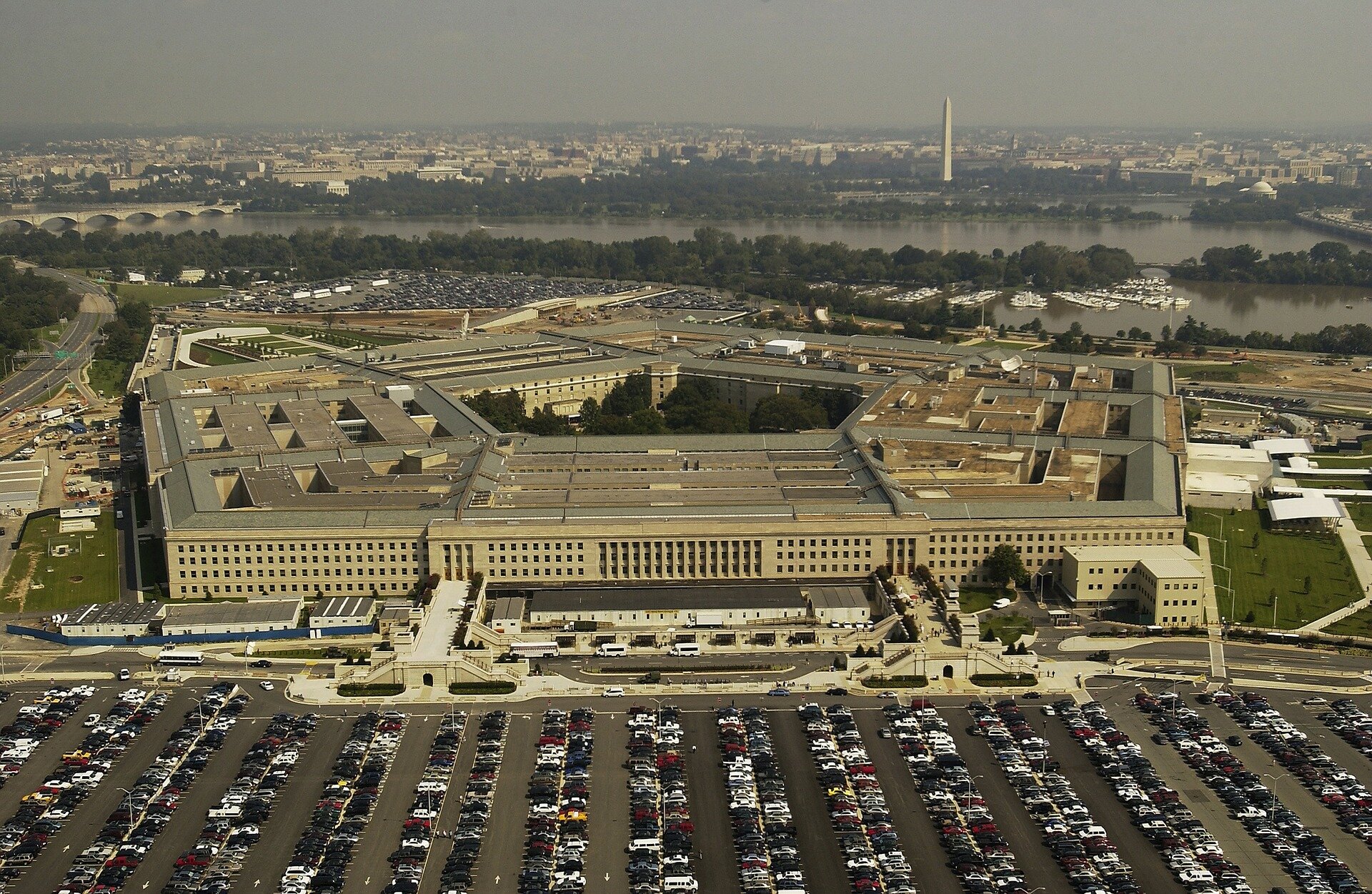WASHINGTON D.C. January 30th, 2020. Passing 236 – 166, the House of Representatives repealed the 2002 Authorization for the Use of Military Force (AUMF) against Iraq. 11 Republicans joined the Democrats, almost all of whom voted for, while another 22 representatives across the aisle did not vote..
In another anti-interventionist movement, the House passed Congressman Ro Khanna’s (D – CA) No War With Iran Act, passing 228 – 175. 21 Republicans abstained while four voted with their colleagues across the aisle.
The future of both pieces of legislation is by no means guaranteed once they enter the Republican-controlled Senate, however the cracks in the hawkish party line are beginning to show after 18 years of war in Iraq and a possible new war with Iran on the horizon.
The ongoing impeachment trial could offer further complications to the measures as Republicans will want to remain united in the face of relentless Democratic pressure on the presidential administration, especially as Adam Schiff and other senior Democrats look to use the testimony from the extremely hawkish neocon John Bolton against Trump.
18 Years of War in Iraq
A repeal of the 2002 AUMF would not necessarily mean the end of the war, but of the ability for presidents to use the AUMF as justification for offensive measures. During the debate on the House floor, Eliot Engel (D – NY), chairman of the House Foreign Affairs Committee reminded those gathered that the U.S. now considers Iraq an important strategic ally.
That Trump can use the AUMF against a nation that is now our ally demonstrates the antiquity of the conflict. The American war in-and-about Iraq has long passed the moment when the now-infamous lies regarding weapons of mass destruction in Iraq withered on the vine. The following evolution of the conflict is as diverse as the evolution of a human being during the first 18 years of its life.
After overthrowing Saddam Hussein, George Bush Jr. and his administration began to funnel power into certain Shiite political parties such as the Supreme Council for Islamic Revolution in Iraq (SCIRI), and the Da’wa Party, both of whom had always been closely aligned with Iran.
Every PM in Iraq since Saddam’s death has been from one of these two parties and in 2004, the U.S. took the “El Salvador Option” to finance and empower the favored Shia militia of SCIRI in the country, the Badr Brigade, to hunt down, tortue and slay the growing Sunni insurgency within the country that would become responsible for almost all of the American service member deaths.
That same Sunni insurgency was being financed by America’s allies in the UAE and Saudi Arabia, who were angry that the U.S. had gifted power in Iraq to the Shia side of the Middle-East, themselves being Sunnis.
As brilliantly detailed by writer and radio host Scott Horton, this led to the launching of the “Redirect” that sought to blunt the growing-Shia alliance of Tehran, Baghdad, southern Lebanon, and Damascus, even after thousands of Americans had just died to create a totalitarian Shia-state in Iraq.
A Victory for Peace or the Dems?
In a statement on the passage of the two bills through the House, Elliot Engel described the achievement as a victory more for partisanship than for peace.
“The 2002 AUMF which authorized the 2003 war in Iraq is outdated and repealing it will not affect any current military operations,” Engel explains. “The 2002 AUMF only provides the President with phony cover to claim Congress has already authorized him to attack Iranian officials, which is false”.
“The bill would not prevent the President from acting in self-defense. The President always maintains a legal right to use necessary and proportionate force to defend America and U.S. forces,” he said.
One of the Republicans that broke rank in the vote was Matt Gaetz (R – FL) who concluded that “If we are unable to declare victory and bring our troops home at this time, after Saddam is dead, after his regime is evaporated, after ISIS collapsed, then no war is ever truly winnable”.
“Do I think that the president has plans to go start a war in Iran? Probably not,” said Rep. Khanna, who introduced the bill, and who along with Senator Bernie Sanders, got the War Powers Resolution to limit Trump’s involvement in Yemen in 2019 through the House and Senate where it was eventually vetoed by Trump.
“But do I think that president is capable [of] engaging in other reckless actions or strikes that would put us at a risk of that conflict? Absolutely. And that’s what we need to prevent,” Khanna said.
The Times reported on the 14th of January that Senator Tim Kaine, who sits on the Senate Committee on Foreign Relations, believes he has enough Republican support to get any measures that come through the House through the Senate as well, claiming that at least 4 republicans were willing to break rank over potential war with Iran.



